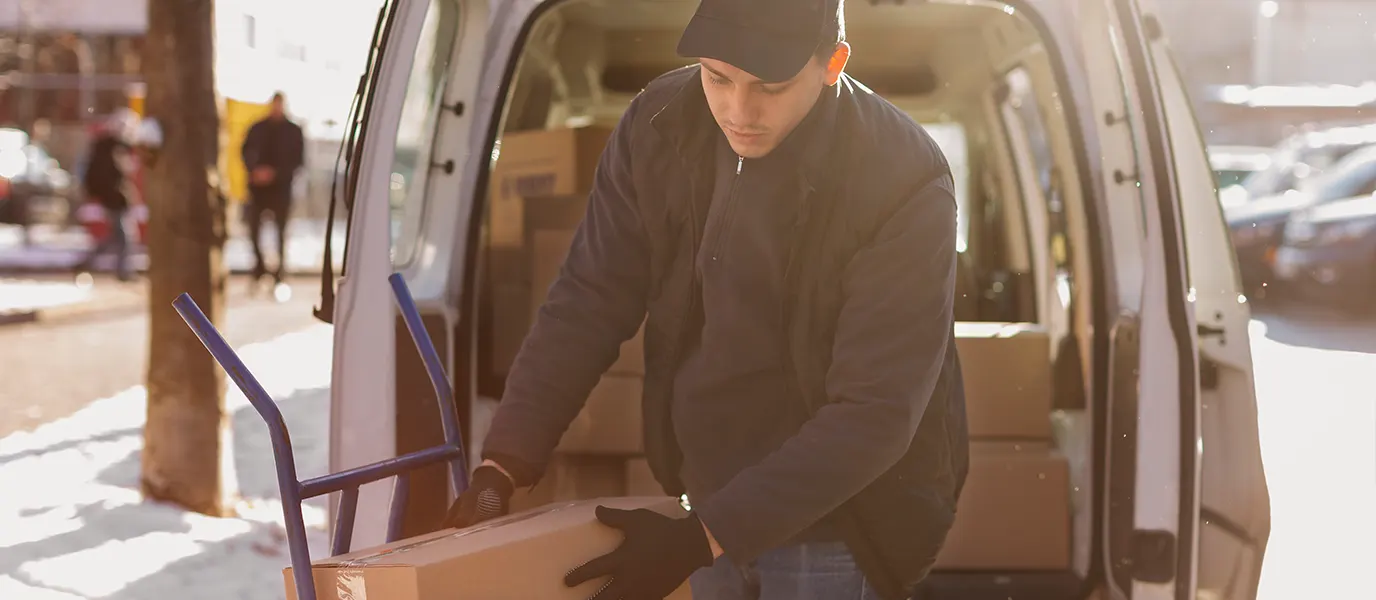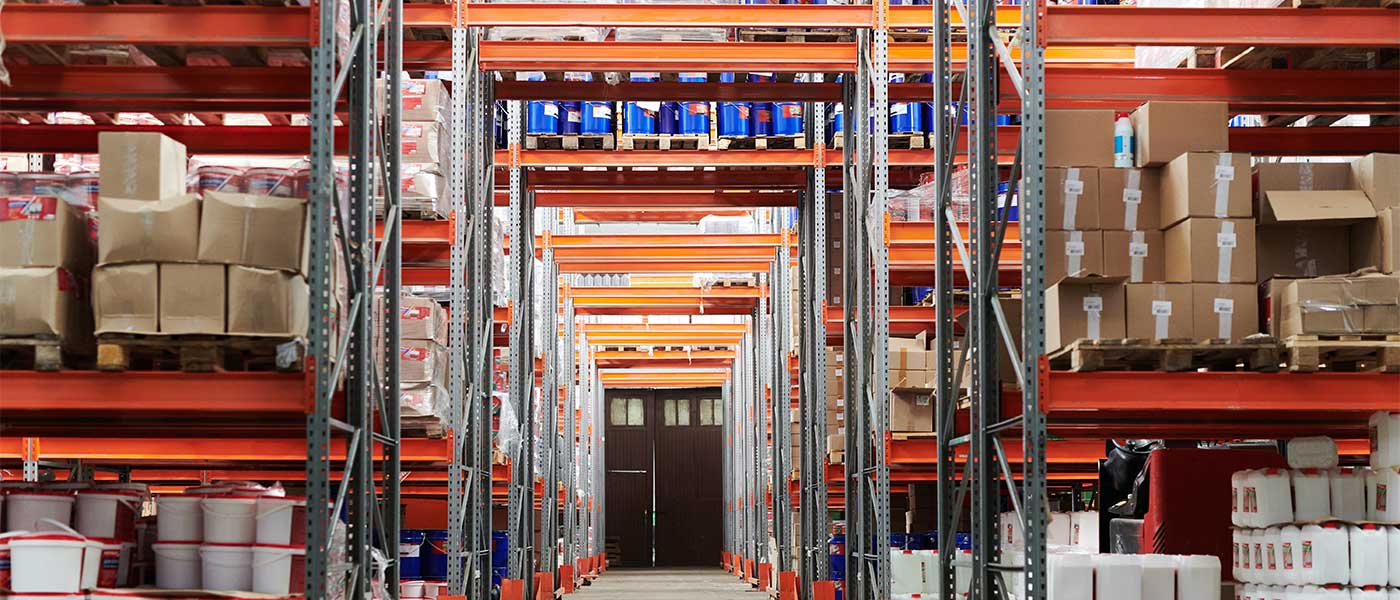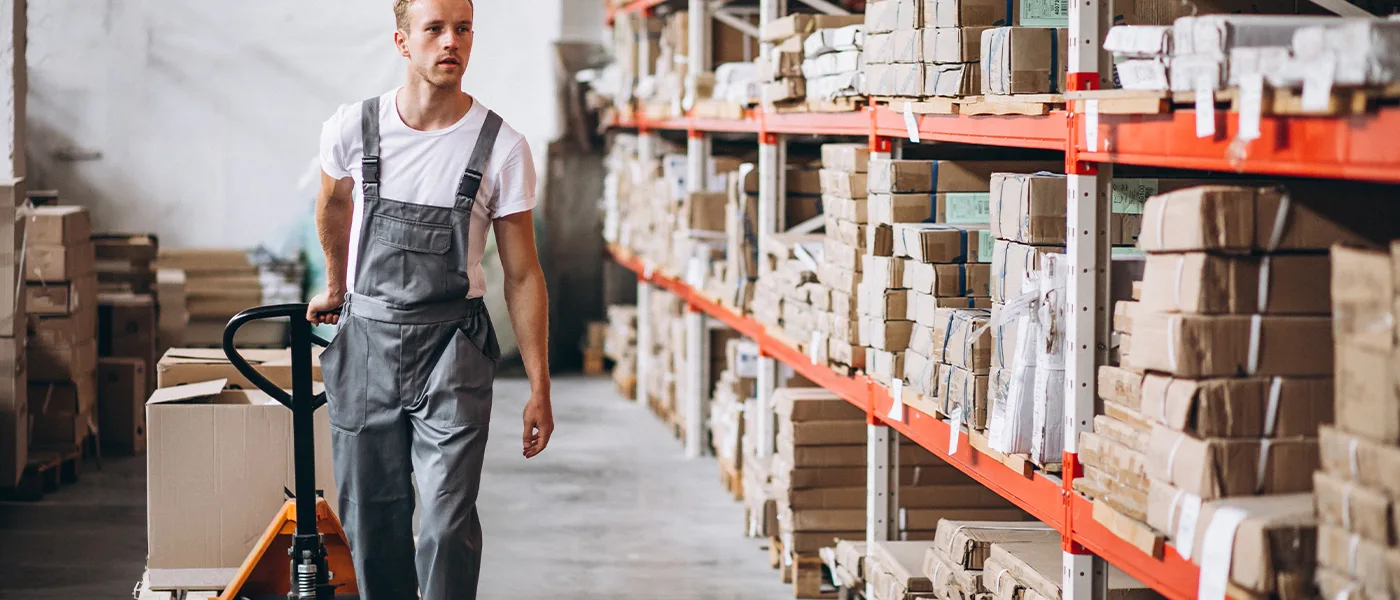Customers who are engaged in online selling should be aware buying items through social media platforms comes with risks, and one of those risks is the possibility that some of the products may not be genuine.
When the short-form video-sharing service TikTok joined the online marketplace in September last year through its TikTok Shop, netizens were quick to jump in and buy a wide range of products. TikTok Shop presented consumers with an option outside established trailblazers Lazada and Shopee.
So how does the public address the rise of fake orders online just the way netizens face the reality of repelling fake news every day? The TikTok Shop itself has set up a set of guidelines for e-commerce companies that can help protect online buyers from falling into the trap of wasting their hard-earned money on fake goods.
In this piece, we will try to inform readers about identifying key signs in spotting fake orders while exploring ways to still register an excellent customer experience.
Make no mistake about it, online selling remains a very convenient and popular option to buy your favorite items without going to the mall or your nearby store. An important note here is that you just have to be smart to be able to dodge the possibility of acquiring fake goods. It will perhaps also help to share your experiences with others.
Sellers Should Toe the Line With Product Guidelines
TikTok has done its part in addressing fake orders by identifying product restrictions to keep online sellers or e-commerce companies responsible to their customers once they share their items through the video-sharing app.
Online sellers are often required to honor a time-bound principle of providing product listings that are honest and fair and not misleading to customers. The element of transparency should always be present when sellers present their products ranging from the names to key features to their actual prices.
Online consumers should spot a product’s discounts and warranties before locking up that favorite jacket, Bluetooth speaker, and gadget online. The announcement on the product’s delivery, logistics, and refund services should also set customers’ expectations as they await their items to arrive at their doorsteps.
Avoid Sellers’ False Claims and Spotting Genuine Products
There are certain signs that a product may not be what the seller claims it to be. One example here is exaggerated claims, for example, products with “100% natural” ingredients or a cure-all item for several ailments and diseases.
TikTok users should not fall into a sense of complacency once they watch short video clips of a product suddenly removing wrinkles in days or “before and after” comparisons transforming a teenager from a gangly individual to a well-groomed person by just applying cream all over their bodies.
Buyers should not also fall into a trap the moment sellers badmouth their competitors just to boost their items to make them look better online.
Guidelines to Protect Sellers Who Offer Authentic Items
There will always be “bad eggs” in a big social platform community. And unfortunately, these bad eggs are present in almost all online marketplaces.
The establishment of product guidelines not just at the TikTok Shop, Lazada, or Shoppee also aims to educate buyers that there are still sellers who offer authentic and effective items while protecting their reputation in the market.
It is worth it to cite here a particular seller on TikTok and Lazada which offered tremendous discounts in one of the sales promotions. Some consumers may have noticed that this seller’s offers might just be too good to be true, however, it turned out that all of the items offered by the seller were proven authentic.
TikTok Shop has also been very active in sharing the message and assurance to customers that they implement stringent measures against posting “fake or unauthorized” replicas from their platform.
“We make this absolutely clear in our policies, which all merchants must adhere to,” a TikTok Shop spokesperson in a news report said. “We encourage our community and brands to report cases of counterfeits or intellectual property violations if they find them on our platform, and we remove such cases when found.”
Buyers Should Avoid ‘Sensational, Shocking’ Content
Online selling should remain vibrant in bringing a positive experience to consumers who are taking chances, for example, in buying hard-to-find gadgets that are not available in their favorite department stores or trusty shops.
What this means is that online selling platforms such as TikTok Shop and other platforms should continue to shield their customers against gruesome or bloody images just to boost their products in the market.
Online buyers should not be exposed to visuals like dirt coming from the pores of the face, hair being pulled out from the drainage, or content that exposes excessive violence, cruelty, or violence towards animals, among others.
Regulate Online Sellers’ Links, References Against Scams
Netizens should learn when to walk away from suspected fake online orders once they spot “calls to action” in the form of links that lure buyers from purchasing items aside from its exposure to the TikTok Shop.
Links to other websites that encourage buyers to place their orders away from trusted platforms should be removed immediately. Other signs that netizens should avoid include social media handles, phone numbers, and email addresses or QR codes that would lead to fake orders.
Identify Authorized Celebrity Endorsements On Products
Online sellers can get a major boost if their items get testimonials from popular celebrities ranging from actors to politicians, sports athletes, and social media influencers. But it won’t hurt buyers to do a little research to determine if their endorsements are real.
The use of images and names of celebrities to promote products online can only be allowed if sellers receive permission from the celebrities themselves or through their management companies.
Content that infringes the personal rights of others should not be allowed to be published or distributed by sellers in the TikTok Shop or any other online selling platform.
The use of any irrelevant or misleading descriptions on brands or key attributes in product titles is not allowed in any way or form, as the TikTok Shop is out to punish sellers who will attempt to misuse to manipulate the platform to artificially generate traffic to product listings.
Any efforts from sellers to artificially simulate customer traffic by using bots or similar means are also strictly discouraged by the TikTok platform.
Buyers who can spot all types of prohibited content and offensive content according to local laws and regulations should safely claim that this would lead to fake orders and they should inform TikTok officials about it.











